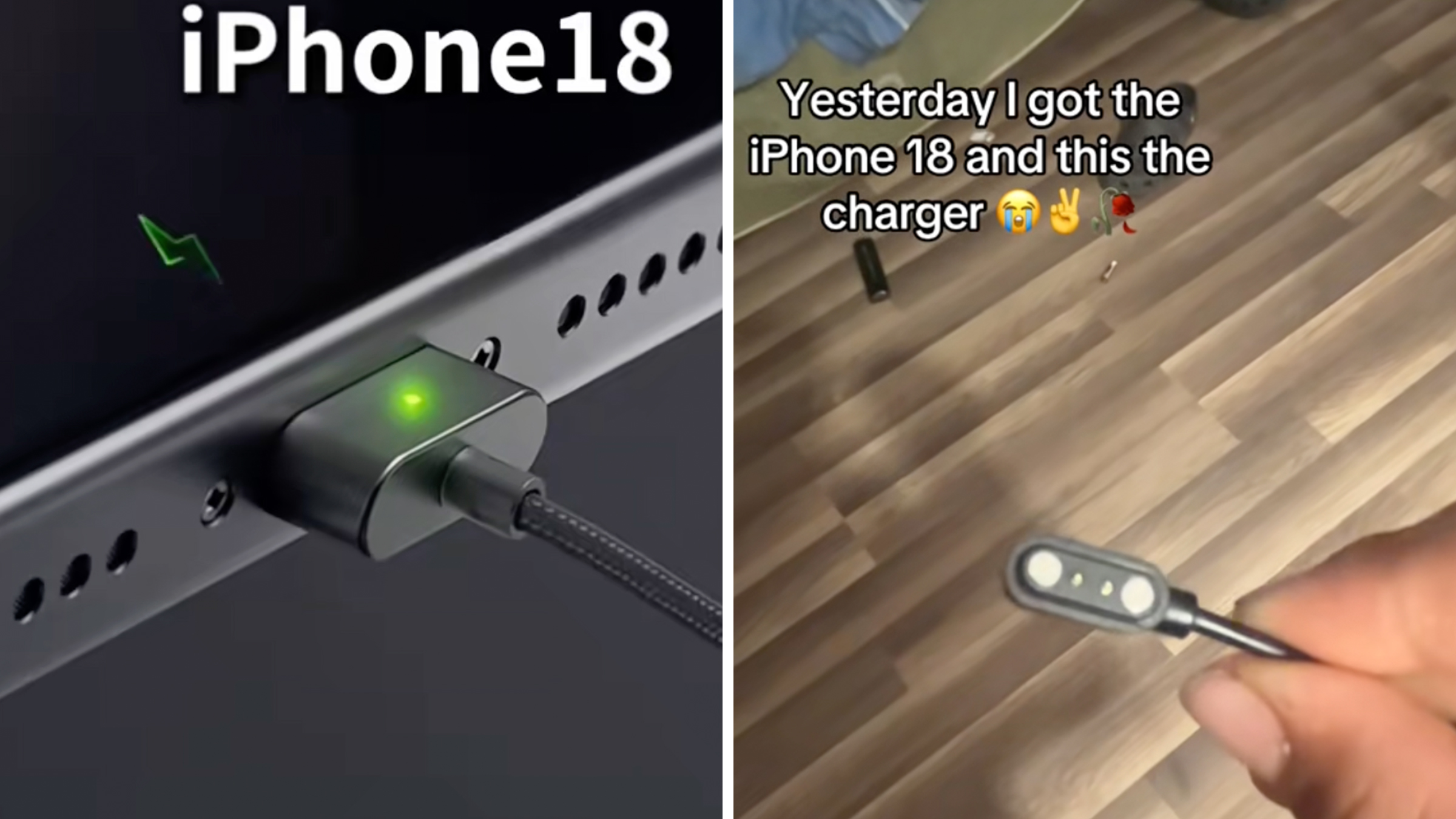Retail workers regularly share frustrating experiences with customers online. This Staples employee's grievance, however, lead to a debate on the nomenclature of a piece of electronics equipment.
What's bizarre about TikTok user Lond's (@londwrld) story, which he shared in a viral video, is the brick wall nature of his conversation with a shopper. The Staples employee details how he was approached by the patron asking him for a way to add multiple outlets to a single wall plug.
Lond tells her that she needs a surge protector, which only seemed to further confuse the woman. Their conversation ultimately went nowhere because she couldn't seem to wrap her head around the fact that there are a lot of people who refer to the item she was looking for as such.
An exasperated Staples worker sounds off
"All right maybe y'all can tell me. Maybe I'm the [expletive], right? So first, I'm at work, clearly," he says, pointing out his name tag. He continues, "And I'm putting stock out, right? And this...lady. First, she asks me, 'Do you work here?' ... Then she's telling about how she needs this thing to plug into the wall. So she can plug three or four things into it. And I said, OK you need a surge protector."
Fortunately for the both of them, they were standing in the very part of the store that displayed surge protectors. "I happened to be standing directly in front of the surge protectors. So I say, 'All right you need a surge protector.' And she's like, 'No, I need a thing that can plug into a wall, plug three things into it.' I'm like, 'Yeah, a surge protector. you need one of these. Any of these will suffice.'"
Apparently, his explanation wasn't sufficient. Lond says he and the woman continued to go back and forth over the question.
TikTok debates the semantics
The video has amassed more than 500,000 views. Numerous folks responded to Lond's post to speculate as to what the customer meant. Like this one user who remarked that they thought the woman wanted a brick that directly plugs into a wall. Similar to what this Amazon link shows here.
It's worth mentioning, however, that the aforementioned product is referred to as a surge protector as well. "She’s not talking about your typical surge protector/extension cord. She’s looking for a block that doesn’t have a cord and just plugs in and has 3-4 more outlets," wrote one user in the comments.
Some folks responded that she was looking for an extension cord. But one TikToker replied to Lond's video stating that his suggestion was right on the money. That's because an extension cord doesn't necessarily indicate that it will provide the user with more outlets. "An extension cord gives you more length, not typically more outlets, so a surge protector is correct," they wrote.
But there was someone else who argued that a lot of different words for surge protectors are ultimately interchangeable. They wrote, "Power strip / surge protector / outlet extender."
Someone else wrote that they've never even heard of the term surge protector, though. They wrote, "I never heard it being called a surge protector but in this situation I would’ve said 'Is that what they call an extension cord?'"
But another remarked that they were astounded folks like the above-mentioned TikToker exists. "I cannot believe how many people don't know what a surge protector is," they wrote.
What is a surge protector?
Anker, a popular company known for offering a wide variety of charging/data cables, power banks, extension cords, and surge protectors, explains what these pieces of tech are. Like one TikToker mentioned, surge protectors differ from extension cords in that they control voltages. As the name implies, they can protect from shorts and surges. This ensures that if there's a power outage, or a circuit breaker malfunctions or trips, that whatever devices plugged into the surge protectors aren't ruined.
Anker writes, "Voltage spikes, or surges, can occur for various reasons, such as lightning strikes, power outages, tripped circuit breakers, or malfunctions in the power grid. These surges can potentially damage or destroy electronic equipment that is sensitive to high voltage levels."
Surge protection isn't a given
While many outlet extenders, power strips, and extension cords have surge protection built in, not all of them do. Web Restaurant Store wrote about the differences between power strips and surge protectors and the pros and cons of each. "While some power strips have a built-in surge protector, not all of them do, leaving your electronics vulnerable to a surge in electrical power. Power strips are relatively affordable price-wise. You can usually acquire one for less than $20, and some are even available for under $10. So if you’re looking for just a few extra electrical sockets, this is probably the option for you."
The piece adds that while surge protectors aren't exactly expensive, they can go up in price if consumers opt for commercial grade options. "If you are a large operation that has major appliances like refrigerators and AC units or computers and servers, you may need to look into commercial surge protectors. [They] can be a little pricier, but keep in mind that the surge protector is less expensive than replacing the items that would be damaged in a power spike." The website goes on to add that "some surge protectors are even available with a warranty."
@londwrld Maybe a lil wrong for the b***h part but come on yo ???#fyp
♬ original sound - londwrld
The Daily Dot has reached out to Staples via email and Lond via TikTok comment for further information.
Internet culture is chaotic—but we’ll break it down for you in one daily email. Sign up for the Daily Dot’s web_crawlr newsletter. You’ll get the best (and worst) of the internet straight into your inbox.






